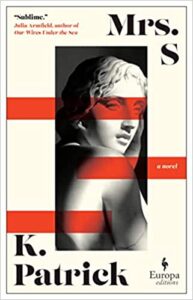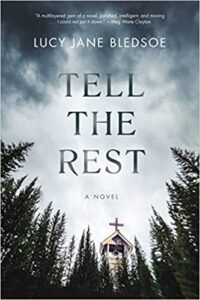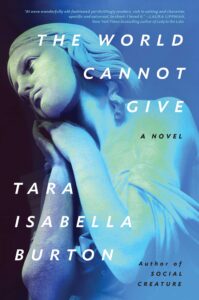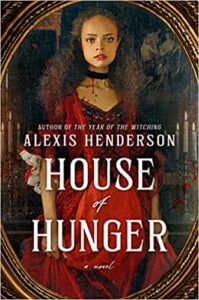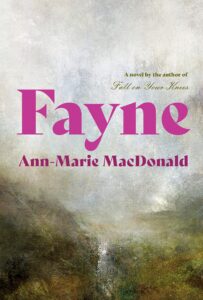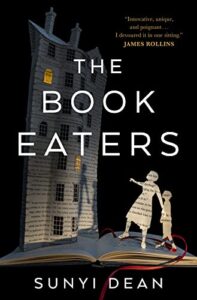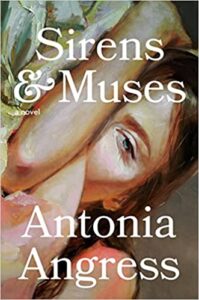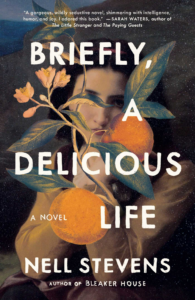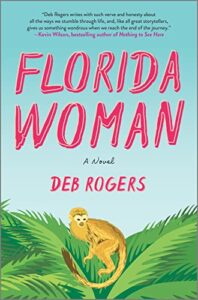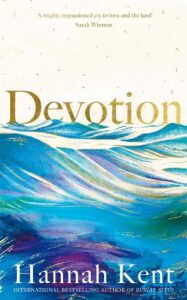Every so often I read a novel that just has the perfect summer energy about it—and even though I read a review copy of Mrs. S by K. Patrick (Europa Editions, 2023) in the spring, I was thinking of summer the entire time. Perfect for fans of novelists like Emma Cline, Mona Awad, or Leon Craig, Mrs. S is an unforgettable novel.
This novel is the kind of fascinating, character-driven historical fiction I’m drawn to. Set at an English boarding school sometime in the second half of the twentieth century (the timeline isn’t clear), an unnamed narrator arrives under the position of matron at the school. As butch lesbian from Australia, our narrator feels like an outsider in more ways than one. That is, until she meets Mrs. S, the headmaster’s alluring and captivating wife. At first, Mrs. S seems to be the narrator’s opposite in many ways—primarily through her self-assuredness and her carefully performed femininity—but as the summer wears on and the two women grow closer together, the narrator comes to realize that the two have far more in common than she thinks.
A lesbian affair conducted in secret at a British boarding school? There is no novel I would rather read. Plus, a butch lesbian protagonist is a refreshing perspective. I read Mrs. S in one sitting, and it was exactly the kind of fraught, erotic, fever dream novel I hoped it would be. I loved the narrator’s insular personality and her struggles with her queerness were issues I could both sympathize and identify with. Although this novel is framed as the narrative of an affair, it is really more about the narrator and her thoughts, feelings, and journey to come to terms with who she is—a journey that isn’t close to complete by the novel’s end.
The narrator’s relationship with Mrs. S has the kind of chaotic, fated, anxiety-inducing intensity that I hoped for. Mrs. S has an untouchable, unknowable air about her that always keeps the narrator (and us) on the outside, even when she appears to let us in. Nevertheless, we fall in love(?) with her alongside the narrator, and the second half of the novel seems to hurtle toward the end. While it seemed to take a long time to get to any kind of movement in the plot between these two characters, I now think that that’s a result of this novel really being about the protagonist’s trying to find a place in the world.
Speaking of places, the boarding school setting is so fabulous, and there’s a reason why queer authors return again and again to the idea of a girls’ boarding school, a place that supposed inculcate “proper” heterosexist codes of femininity and often ends up complicating them instead. Mrs. S’s status as the headmaster’s wife further undermines the “power” of the boarding school as an institution and I think there’s so much to be said about the usefulness of this setting for Patrick. The atmosphere of this novel—contributed to by Patrick’s sensual descriptions—is part of what kept me reading.
I highly recommend Mrs. S as your queer novel of the summer!
Please add Mrs. S to your TBR on Goodreads and follow K. Patrick on Twitter.
Rachel Friars is a writer and academic living in Canada, dividing her time between Ontario and New Brunswick. When she’s not writing short fiction, she’s reading every lesbian novel she can find. Rachel holds two degrees in English literature and is currently pursuing a PhD in nineteenth-century lesbian literature and history.
You can find Rachel on Twitter @RachelMFriars or on Goodreads @Rachel Friars.

